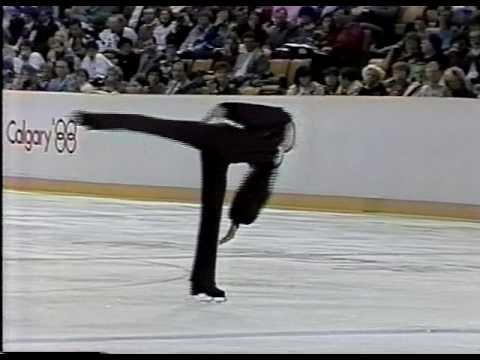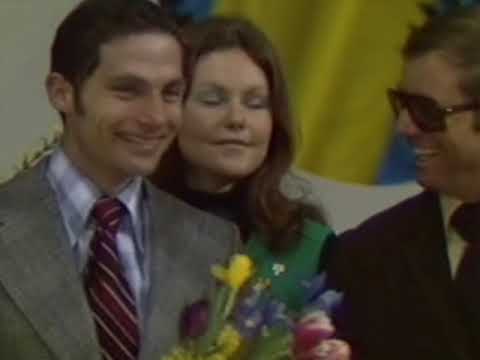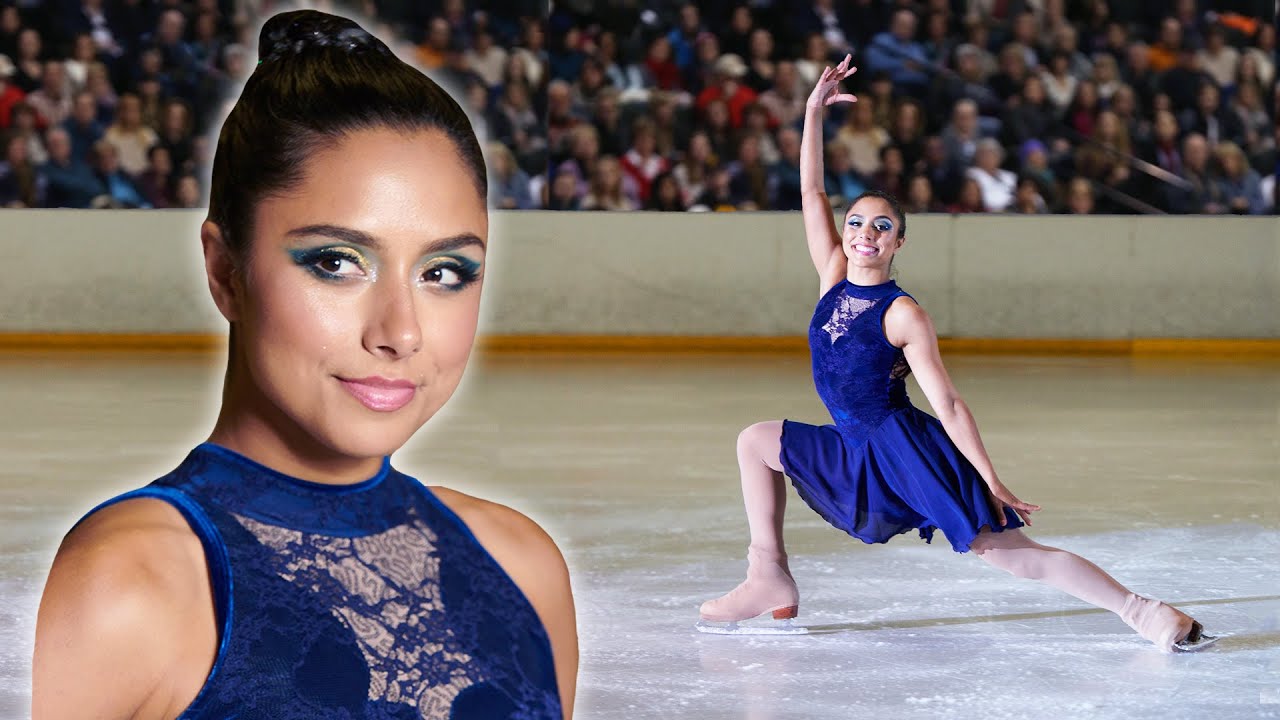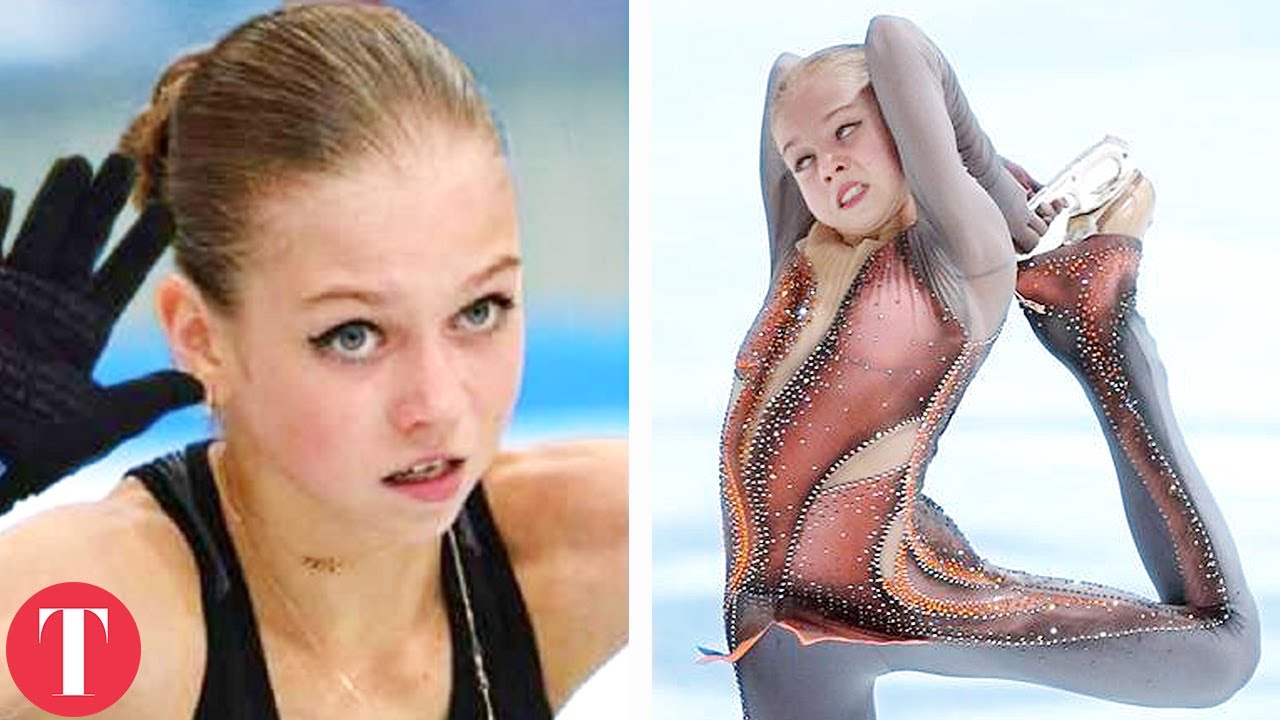What do you mean by "unfairly weren't allowed"? Is there evidence that they were actually disqualified from being eligible for seniors? They retired and became professional skaters, and if you look at the top senior pairs in the US at the time (the Militanos, Militano/Johns, Babilonia/Gardner), it would have been really difficult for any new senior team to make much progress.
Seriously, discrimination still existed in those days (and it still exists today, often subtly). Even despite African-Americans beginning to have more opportunities to compete in the sport during the late 1960s and early 1970s, the article I linked in my prior post explains how Ewell and Atoy Wilson were the first 'blacks' finally allowed to join elite skating clubs in the early 1970s. Need I remind you what happened to Mabel Fairbanks in the 1950s? Had Fairbanks not been so determined and passionate and single-focused about getting inside a rink somehow in order to skate, and had Maribel Vinson Owen not seen her and recognized her talent and decided to help her with lessons, Fairbanks would surely never have been able to reach at least part of her dreams. It's a fact that Fairbanks was excluded from being able to join a club, so she was never able to compete at U.S. Nationals. And she had the talent to do so. Fairbanks even had to go to Europe in order to skate in professional ice shows.
As far as McCladdie and Ewell, a few years ago when we discussed on FSU the same video of them winning the 1972 U.S. junior pairs championship, the Ice Network site was still around and someone linked an article about Ewell and his accomplishments in singles and in pairs. In that article, there was a reference to why McCladdie/Ewell didn't advance to seniors. They were advised not to try. As well, additional resource quotes from McCladdie were mentioned by a poster. McCladdie was fair-skinned, and some people thought she was 'white.' She revealed how she had received glares and accusations for skating with a 'black' skater.
Sorry to break it to you that prejudices exist and that a lot of people have faced such hardships. Whether you realize it or not, or wish to accept it or not, Tai Babilonia's ethnic background was not widely known. Obviously, it was known by those who knew her and her parents. Her father is Filipino-Chinese, thus many people simply thought Tai was Asian, Filipino or Hispanic. I didn't know much about Tai's mother (who is African-American) until the 1980 Olympics and the fluff piece on Tai and Randy.
As far as it being difficult to advance in figure skating, obviously it's a tough sport for everyone. That's a given. But if you were a person of color or poor*, especially back then, it was even harder. It's still hard today of course. Although the sport is more open and more accessible, it's still out of reach for many, particularly financially. It used to be tough for Asians to advance as well, but that changed over time after the 1972 Olympics in Sapporo, and after the success of a number of Asian skaters, including Tiffany Chin and Michelle Kwan. In regard to McCladdie/Ewell, with their level of talent and ability, had they not been African-American, they would surely have been given encouragement and support to join the senior ranks, without a doubt.
*FYI, even Carol Heiss and Dorothy Hamill (who came from modest backgrounds) have spoken about initially having trouble joining skating clubs. With their superior talent, they eventually received backing and were able to join clubs so that their careers could advance.
Also, another example of a skater who was advised he should go ahead and turn pro: Rudy Galindo. After he won the U.S. National championship in 1996 along with a bronze medal at Worlds, it was suggested to Rudy that it would be a good idea for him to turn professional. This is related by Rudy in his autobiography.


 youtu.be
youtu.be
 It appears that Christopher actually saw Tonya as a rival for most outlandish exhibition
It appears that Christopher actually saw Tonya as a rival for most outlandish exhibition 


 It appears that Christopher actually saw Tonya as a rival for most outlandish exhibition
It appears that Christopher actually saw Tonya as a rival for most outlandish exhibition 









 In fact, they perform a move in this winning program that we often see in ice dance today.
In fact, they perform a move in this winning program that we often see in ice dance today.

 I remember hearing Beauchamp's name, but I don't recall ever seeing him skate in those days:
I remember hearing Beauchamp's name, but I don't recall ever seeing him skate in those days: 

